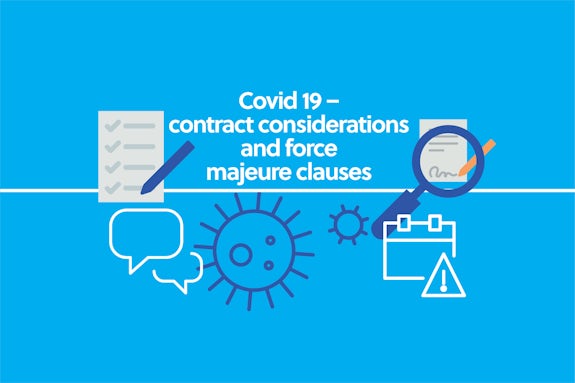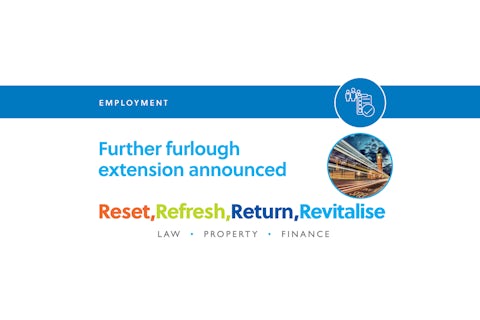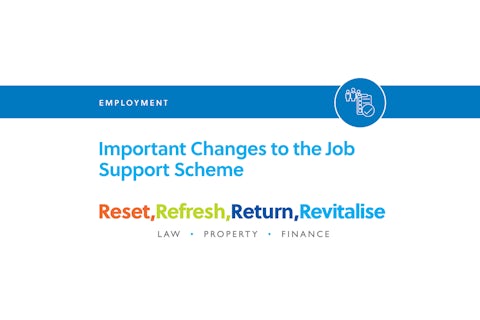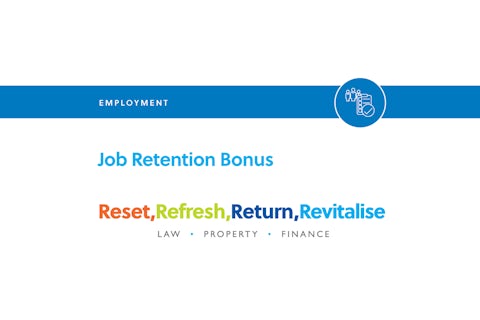COVID-19: contract considerations and force majeure clauses.
It is an unfortunate but inevitable result of the Covid-19 pandemic that businesses across the country are facing huge disruption. This will have and is already having an effect on a great deal of commercial contracts, whether in relation to the provision of services or the supply of goods. In this respect, it is worthwhile reviewing your contracts to assess your rights and any liabilities that you may face as a result of the pandemic.
One area of your contracts that you should look to is any force majeure clause. A force majeure clause is a contractual clause ordinarily used to dictate the rights of each party in circumstances that parties cannot control that affect their ability to perform their respective contractual obligations. Although a force majeure clause may have previously been viewed by some as a boilerplate contractual clause and not the subject of detailed negotiation, it is likely now to be viewed with a lot more gravity. For example, a party unable to supply services under a contract as a result of the pandemic may seek to rely on a force majeure clause to protect them from liability for breach of contract.
The drafting of force majeure clauses is far from standardised and can differ greatly between contracts. As well as reviewing for the existence of a force majeure clause in a contract, it is worthwhile reviewing the specific wording of the force majeure clause and any definitions applicable to it. For example, does it refer to a “pandemic”, an “international health emergency”, or an “epidemic”? Are there any further requirements for an event to constitute a force majeure event?
If the contract does not contain a force majeure clause and it is in both parties’ interests to have one, it may be worth agreeing an amendment to the contract to provide for this and to set out each party’s rights in light of the pandemic.
It is also important to consider whether there is a link between the non-performance of the contract and the force majeure event. Is it impossible for a party to perform their obligations as a direct result of the force majeure event? Or has it simply added further cost and complexity to performance? This is essential to consider if seeking to rely on a force majeure clause or seeking to challenge a party’s reliance on a force majeure clause.
In addition, you should closely review any provisions relating to termination, cancellation, or suspension. The mechanics for these contractual rights are another area where drafting is far from standardised. Consideration should be given to methods and form of notice: can you give notice by email? Or must it be by first class / recorded delivery post? Or by hand delivery? In relation to the latter two, how may these be affected by restrictions on mail services and by governmental social distancing measures? Again, it may be worth agreeing an amendment to the contract to allow for notice (of any kind) to be given under the contract in light of the current restrictions.
Separately to force majeure events, the pandemic may cause certain contract to become frustrated. Frustration occurs if and when a supervening event not caused by the fault of either party (and not provided for in the contract) changes the nature of the obligations of the parties and affects affect their ability to perform those obligations. If such a supervening event occurs and such party is unable to perform, it follows that enforcement would be unjust. If performance of a contract requires, for example, non-essential travel then this may fall foul of the restrictions introduced in light of the pandemic. In this case, performance of the contract is likely to either impossible, illegal, or both (not to mention unsafe). In this case, without a force majeure clause, a party seeking to be released from their contractual obligations may wish to argue that such contract has been frustrated by the pandemic and surrounding circumstances.
We are there for all businesses and as well as providing regular updates, all our teams are open for business. We fully appreciate that this is a time of great uncertainty and that you will have well founded concerns in relation to your contracts and your business generally in light of the pandemic. If you want to speak to anyone within our corporate team to discuss your contracts and any concerns you have then please contact Derek Hamill dhamill@gilsongray.co.uk Craig Darling cdarling@gilsongray.co.uk , or Andrew Fleetwood afleetwood@gilsongray.co.uk
The information and opinions contained in this blog are for information only. They are not intended to constitute advice and should not be relied upon or considered as a replacement for advice. Before acting on any of the information contained in this blog, please seek specific advice from Gilson Gray.








